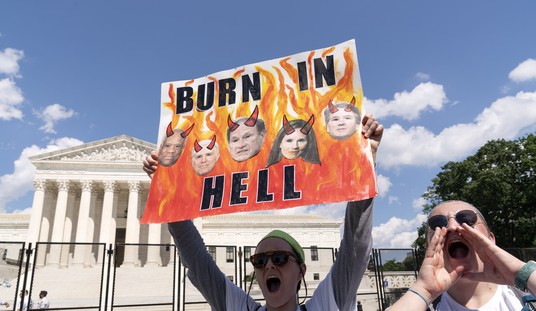Welcome to the GOP’s Solid South — and then some.
But what this year’s elections, and the subsequent party switching, have made unambiguously clear is that the last ramparts have fallen and political realignment has finally taken hold in one of the South’s last citadels of Democratic strength: the statehouses.
Protected by a potent mix of gerrymandering, pork, seniority and a friends-and-neighbors electorate, Democratic state representatives and senators managed to survive through the South’s GOP evolution — the Reagan years, the Republican landslide of 1994 and George W. Bush’s two terms. Yet scores of them retired or went down in defeat earlier this month. And at least 10 more across three states have changed parties since the elections, with rumors swirling through state capitols of more to come before legislative sessions commence in January. Facing the prospect of losing their seats through reapportionment — if not in the next election — others will surely choose flight over fight.
Democrats lost both chambers of the legislature this year in North Carolina and Alabama, meaning that they now control both houses of the capitol in just two Southern states, Arkansas and Mississippi, the latter of which could flip to the GOP in the next election.
The losses and party switching, one former Southern Democratic governor noted, “leave us with little bench for upcoming and future elections.”
That last line is the ominous one for the Democrats on the national level. Before Barack Obama, you have to go back to JFK to find a Democrat elected President from the North. Furthermore, Obama’s election was something of a perfect storm for the Democrats — eight years of GOP misrule, a lackluster (to say the least) GOP ticket, a financial meltdown, a Democrat candidate who ran as a moderate pragmatist, and a complicit media helping him to get away with his pose.
Even so, the 2008 popular vote was hardly a landslide, with Obama unable to crack 53%. (Greater than 55% is most often touted as a landslide.)
You also have to go back to JFK to find a sitting Senator elected directly to the presidency. Americans usually prefer to pick their presidents out of governor’s mansions — and the Democrats now hold only 19 out of 50. (20, if you count Chafee in Rhode Island, but that’s not an easy case to make.) Of the eleven biggest electoral college states, with 271 EC votes amongst them, only four have Democratic governors: California, Illinois, New York, and North Carolina. And I don’t know of anyone who thinks Jerry Brown, Pat Quinn, Andrew Cuomo or Beverly Perdue has realistic presidential ambitions. (But keep an eye on Perdue, just in case.)
Of course, you don’t need to be a big-state Democratic governor to win the White House — just ask Bill Clinton. But it sure helps to have a third-party spoiler — just ask Bill Clinton about that, too. But if we move down to the mid-tier states, those with 8 to 14 EC votes, the picture doesn’t get a whole lot better. Of those 15 states, the Democrats hold only six: Colorado, Kentucky, Maryland, Massachusetts, Missouri, and Washington. (Minnesota remains up for grabs.)
This is a remarkable retreat for a party that only two years ago, won the White House, held 60 seats in the Senate, 255 in the House, and more than half the governor’s mansions.










Join the conversation as a VIP Member